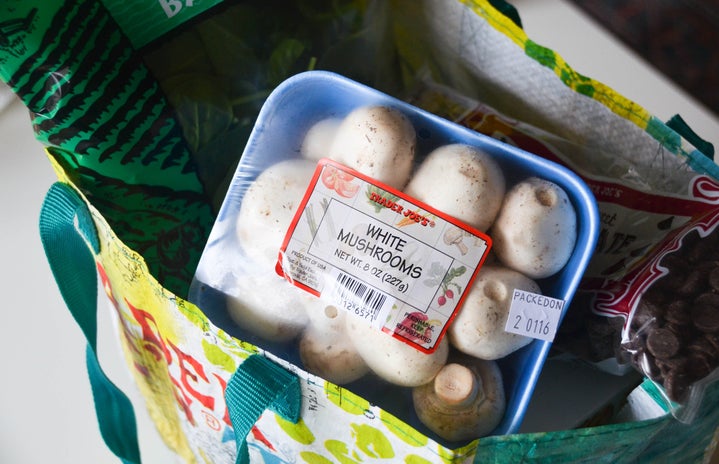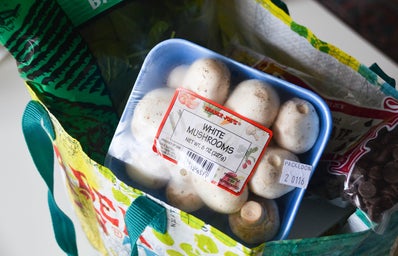If you’re a forager, you know that mushrooms are something we can find year-round and use for learning/teaching purposes or for eating. If you’re not, then where does that leave you? Well, it puts you in a place of needing to learn your surrounding environment and the world below.
Mushrooms may be something you are scared of in nature, but fear not! The internet is a lovely way to learn what you are looking at. Always make sure to leave enough for other people when you are discovering the little budding bodies of mycelium. One of the first ways to find out what kind of mushroom you have after searching the web is pulling them apart. It’s important to know what color you’re looking for on the inside. Play with the gills too (if they have any)! I know it may sound strange, but this is one of the best ways to tell some mushrooms apart. For instance, the chanterelle mushroom has a bright orange exterior and white interior that pulls apart like string cheese. Its gills are known as “false gills” because they are not flimsy and do not break off easily; they branch out like veins near the edge of the cap and run all the way up and down. These are important to know because they have a lookalike called the jack-o’-lantern mushroom. It has a slightly darker orange interior and exterior and pulls apart very mushily. The gills are like most and break when you run your fingers over them.
This, of course, isn’t the only edible mushroom, and these aren’t the only tests. Another important test is a spore print. You lay the top of a mushroom gill side down on a piece of paper and give it some time. Whatever color you see can indicate what kind of mushroom you’ve found. Even the type of trees your mushroom is found around or how it’s found (in clusters or standing alone) can be another way to tell what treasures you’ve found.
So these are some interesting things about mushrooms for those looking to forage and eat them. Why should you care about them otherwise? Well, they make the cycle of life and death go round. They decompose mass amounts of biological waste in almost all environments. They use it as food to start and end their own life cycle.
Mushrooms aren’t just the fungi we find randomly, they are also underground. How does that make sense? Scientists have found that mycelium lives and grows deep underground root systems. These root systems help plants of all kinds get their proper nutrients. The roots are used like messengers that collect biological details from the various plant roots, then collect and distribute nutrients that are needed for all plant life to survive and be healthy.
Whether you’re a forager or just have a great interest in learning about your ecosystem, always remember to be safe! Just as much as they cause good, they can cause bad for your body. Don’t eat anything you aren’t sure about. If you do and become ill, call your local poison control.
Without mushrooms, we wouldn’t have the vast ecosystems that we are able to enjoy all around the world. If you see a mushroom, thank it for everything it does for your environment because without them, who knows where we would be.


